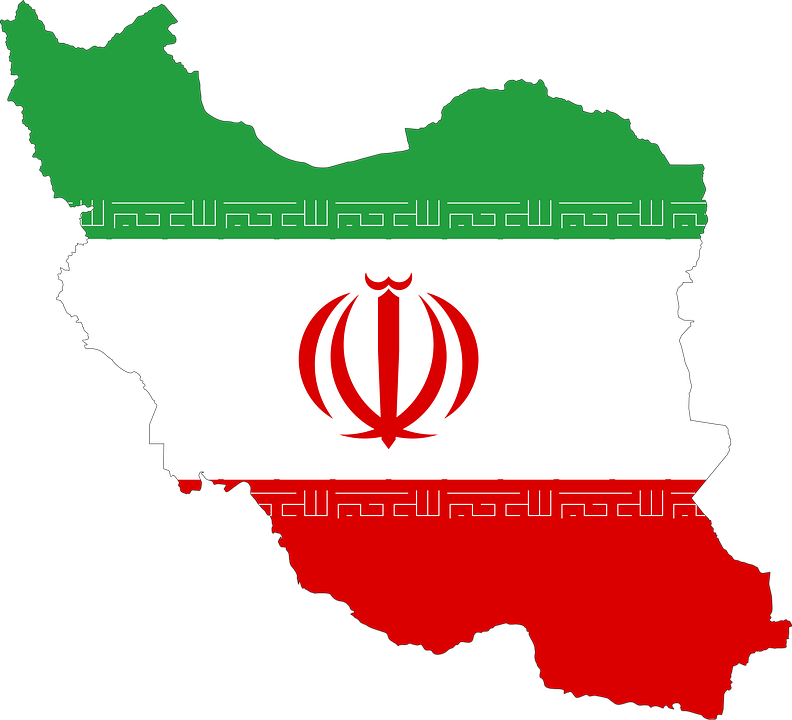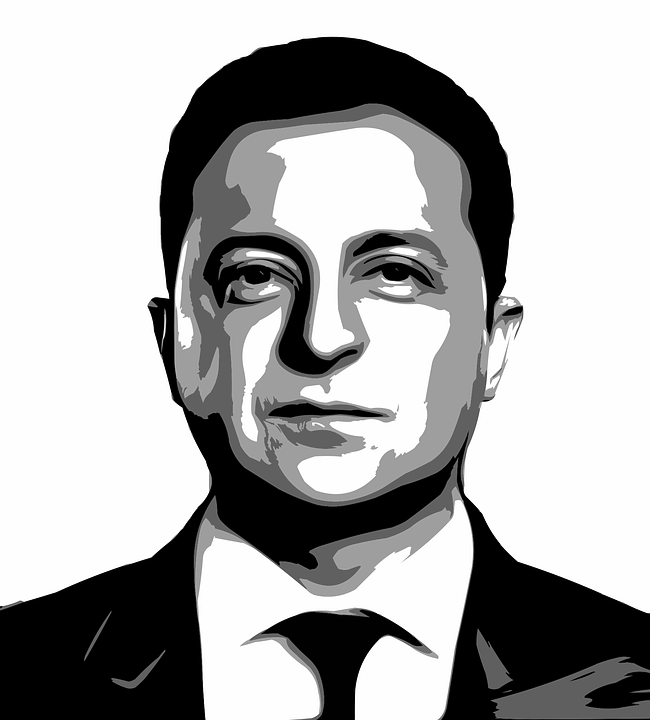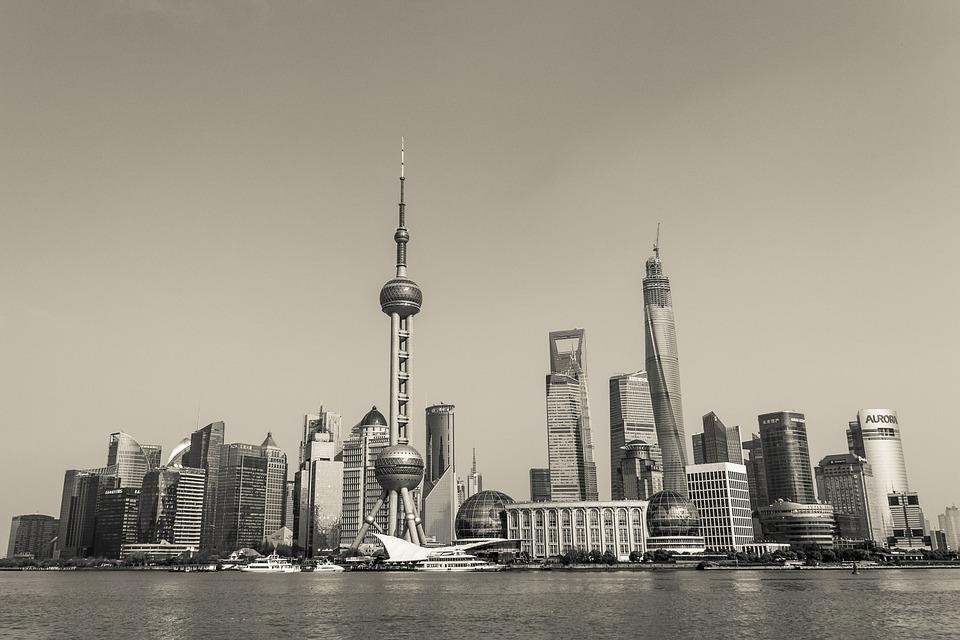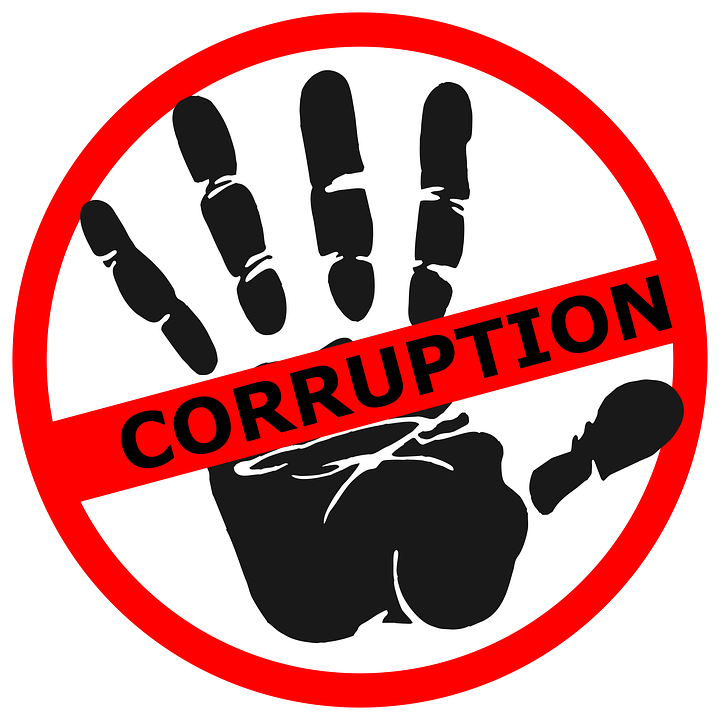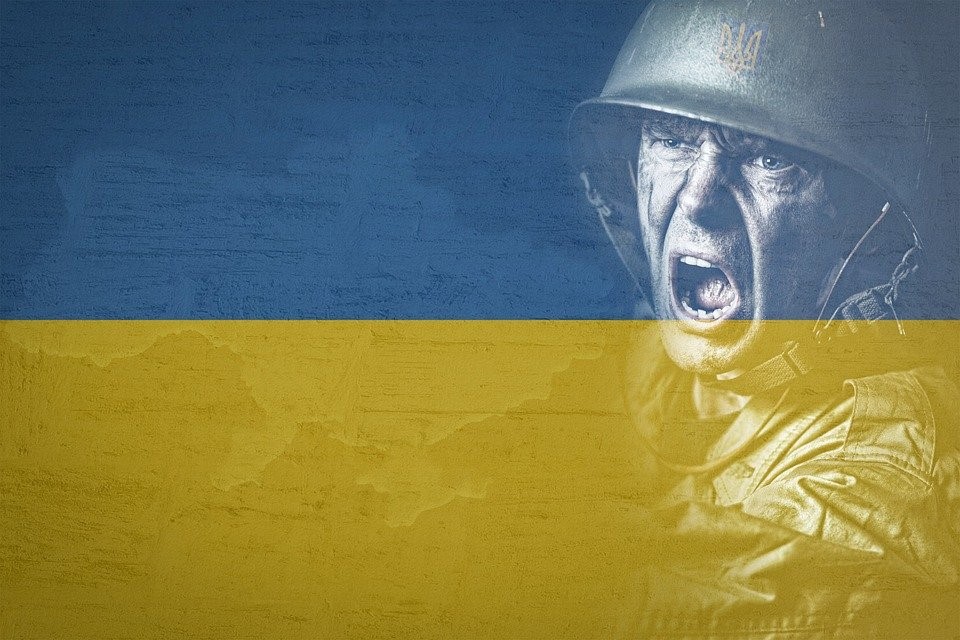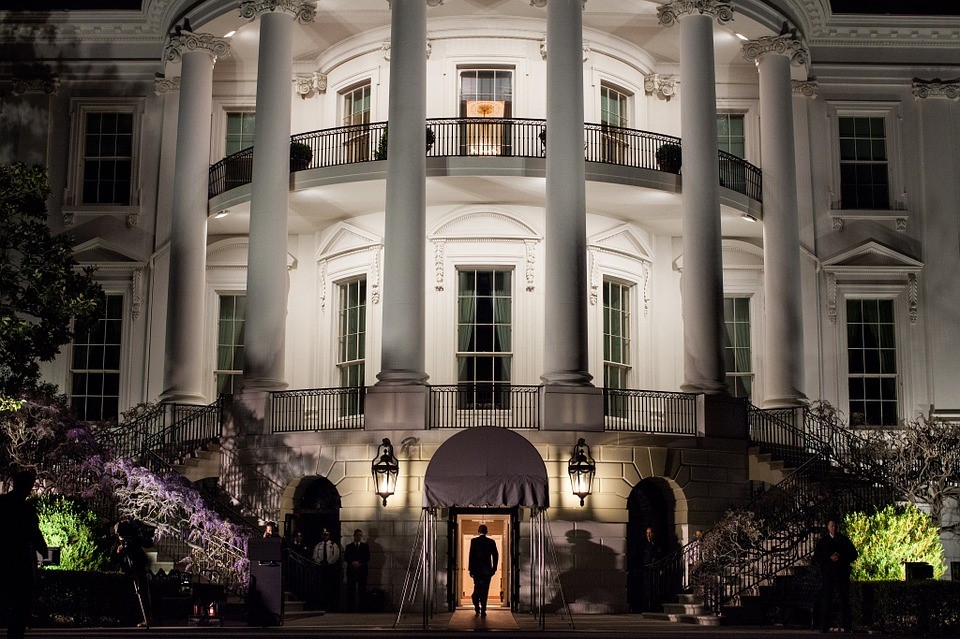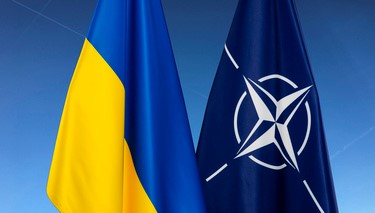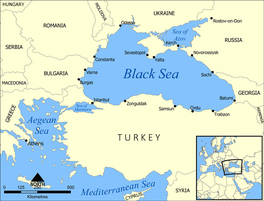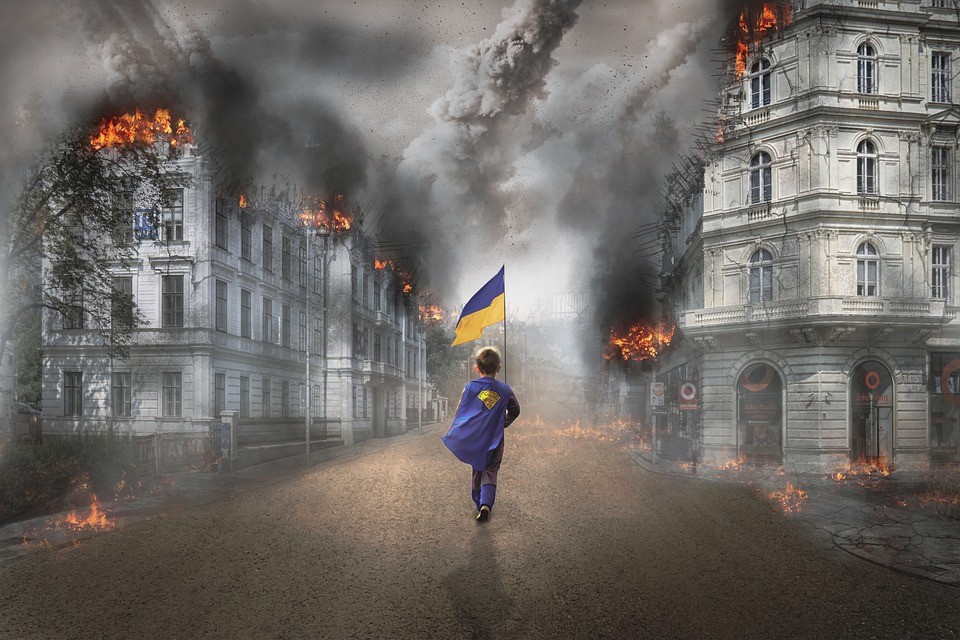Two hundred and forty-seven years ago this month, on April 19, 1775, the
tide of human history changed forever.
A small group of British American colonist, disturbed that their rights were being slowly but surely eroded, heroically gathered at Lexington and Concord to oppose oppression. They had gathered personal arms and whatever else they could gather, to stand against the mightiest military force on the planet. They faced odds even greater than those endured by courageous Ukrainians today.
The National Archives describes what happened: “On the evening of April
18, 1775, the British authorities, acting on information that a supply of
ammunition for the local militia was being stored in Concord, sent British
regular troops from Boston to confiscate the arms. Skirmishes [on April 19] occurred in several places, most notably on Lexington town green and afterwards at Old North Bridge spanning the Concord River in Concord. The incidents are referred to as the Lexington Alarm and the Battle of Concord…”
Despite the seemingly impossible obstacles, the patriots went on to victory.
It is deeply disturbing that many in the nation resulting from their success
have political philosophies that fit in more with King George III than those men who would eventually work with George Washington in the ensuing Revolutionary War.
This is evident in numerous ways.
To start with, the very ability of citizens to own weaponry as a means of
self-protection, (which allowed those farmers at Lexington and Concord to defend themselves against the Redcoats), from both potential tyranny and from crime, is under constant attack from those who seek to disarm the American population. As crime escalates to barbaric levels in cities such as New York and Chicago, local leaders in those municipalities, despite their reduced support for adequate police funding, endorse the continuation of laws that effectively dismantle Second Amendment rights of their constituents. Rather than overturn irrationally lenient policies allowing criminals to escape punishment, they allege that the mere existence of guns is a problem. They ignore the reality that a substantial portion of crime is committed using fists, knives, and other means against innocent people, many elderly or female, who are being deprived of the right of
self-protection.
The underlying principle behind the American Revolution that began on that April day so long ago was that individuals had inherent rights that came not from government but from God (or, if one prefers a different term, nature.)
That concept of “inherent rights” is what elevates the American concept of rights above all others. The U.S. Constitution and the Bill of Rights were
designed to enshrine the concept that the citizenry, not the government, were sovereign. It limits the powers of government, not the freedoms of the people.
But bit by bit, that basic, foundational concept is being eroded. No less a
person than a United States Supreme Court Justice has expressed a lack of
respect for the central principle behind the entire structure of American
government and law. During the confirmation hearings of Obama Supreme Court nominee Elena Kagan, Sen. Tom Coburn had a testy exchange in which he pushed her to state her belief in fundamental rights. She evaded answering.
Evan that most emblematic of American rights, freedom of speech, is under constant assault. Social media tyrants seek to censor non-leftist ideas. Universities silence moderate and conservative voices. Senator Schumer (D-NY) actually introduced legislation to limit the First Amendment’s application to some political speech. (The measure was, fortunately, defeated.) Numerous campaign regulations limit the ability of the citizenry to openly support candidates without first jumping through bureaucratic hoops.
Some elected officials are not shy about their goals. Rep.
Ted Lieu (D-Calif.) boldly announced that he would “love to be able to
regulate the content of speech” He particularly spoke about restricting Fox
News. Rep. Alexandria Ocasio-Cortex (D-NY) threatened Donald Trump Jr. with a subpoena merely for questioning her economic views.
To many “progressives” in the year 2022, the concepts motivating the
courageous patriots who stood up to an increasingly authoritarian government are foreign and diametrically opposed to their core beliefs. 247 years ago, they would have sided with George III and not those heroes at Lexington and Concord.

